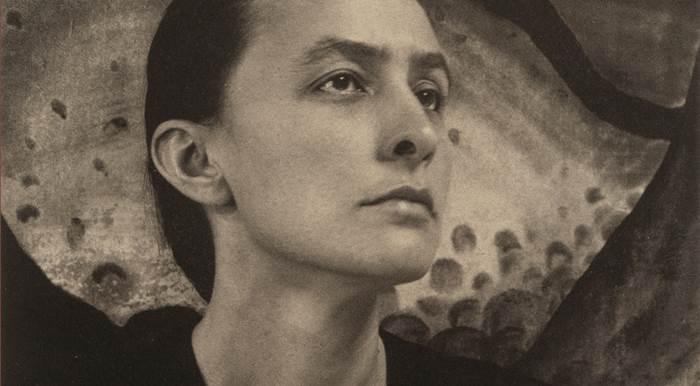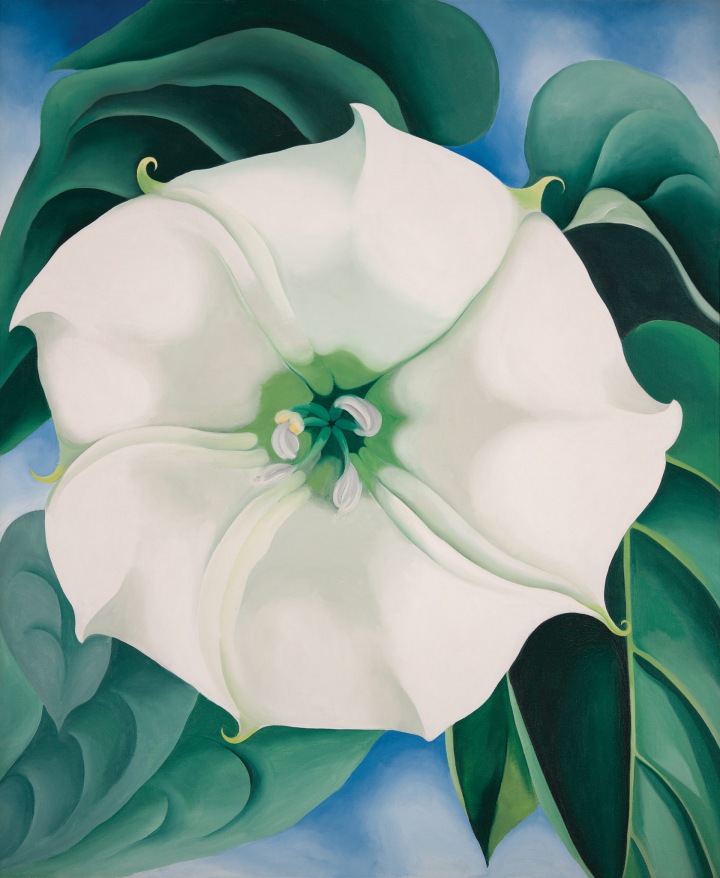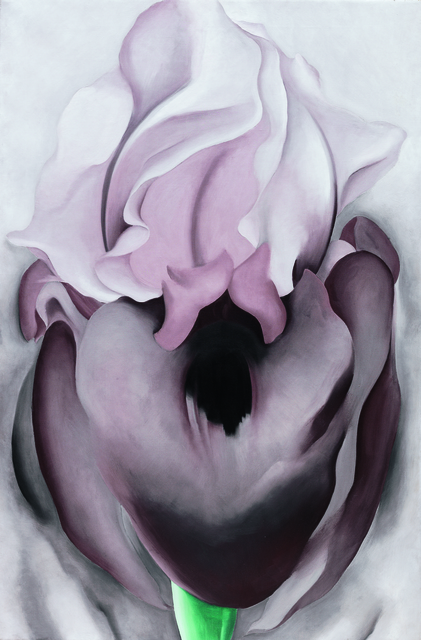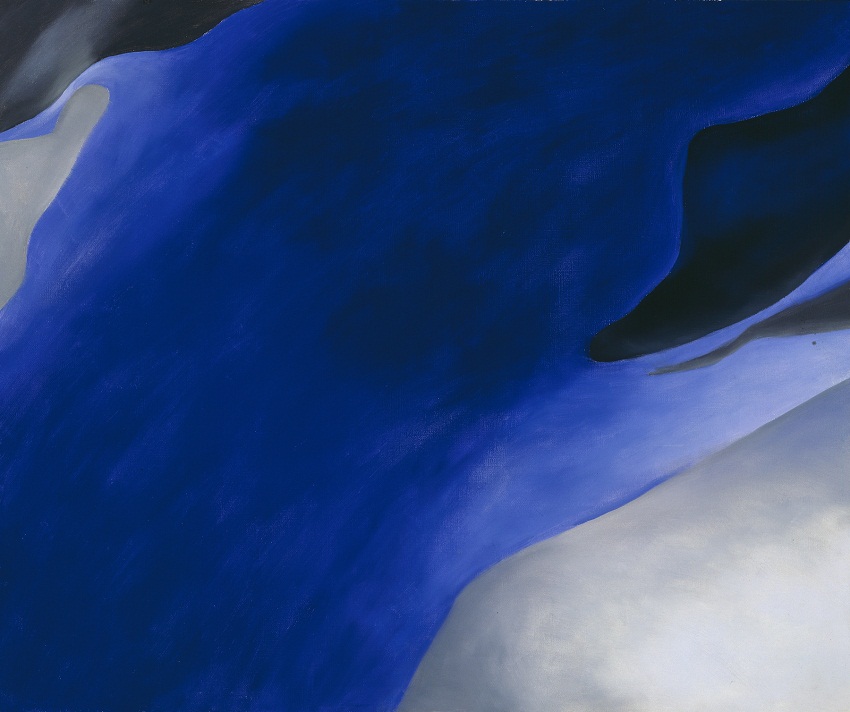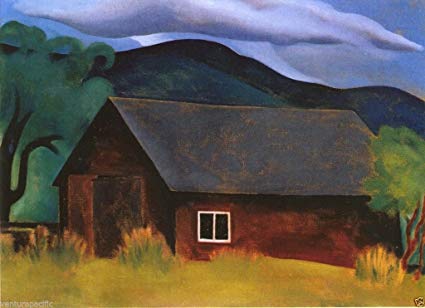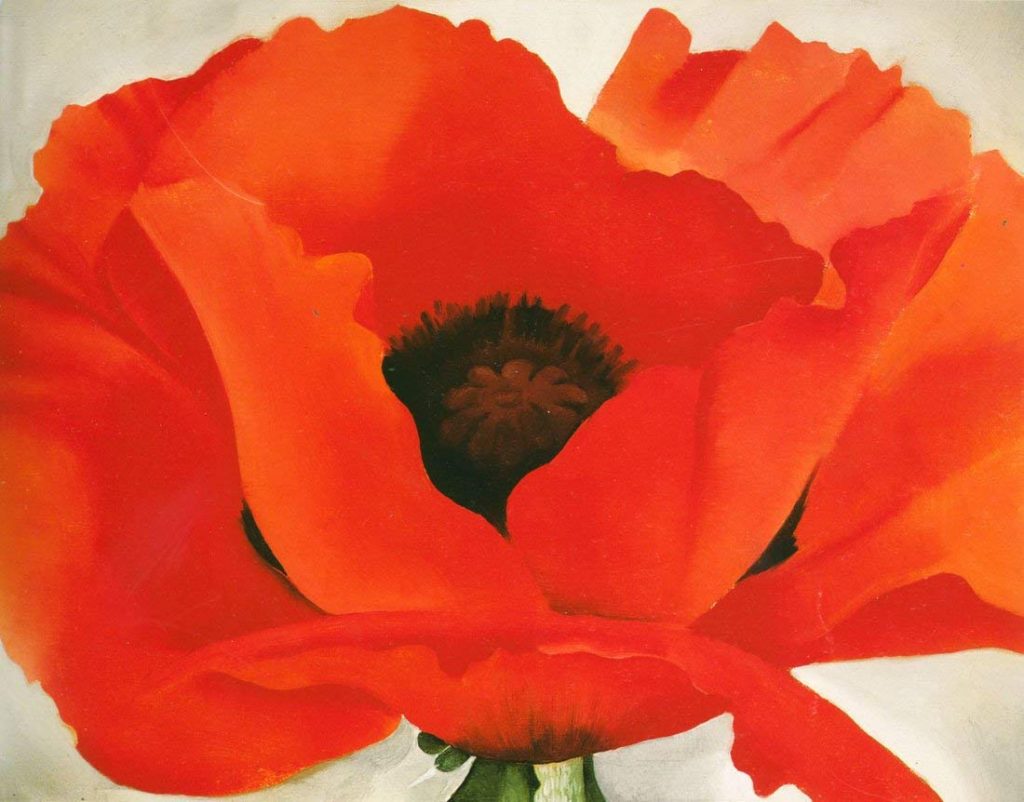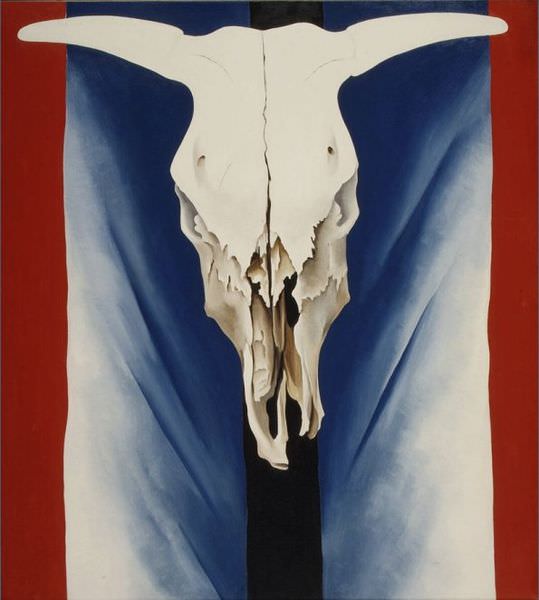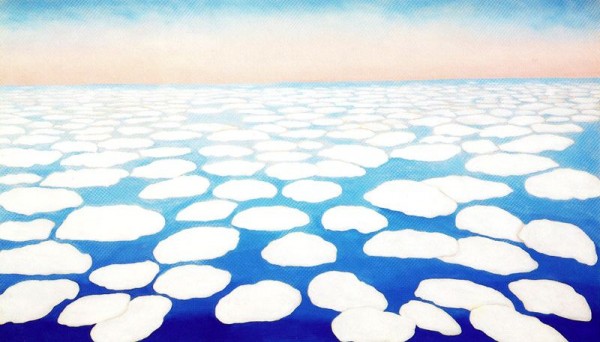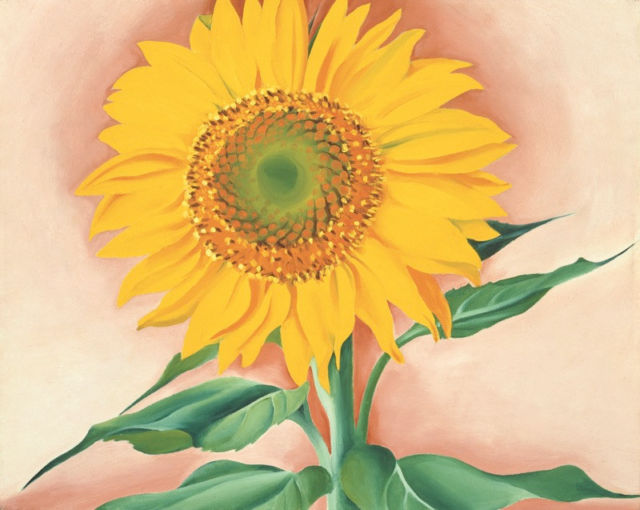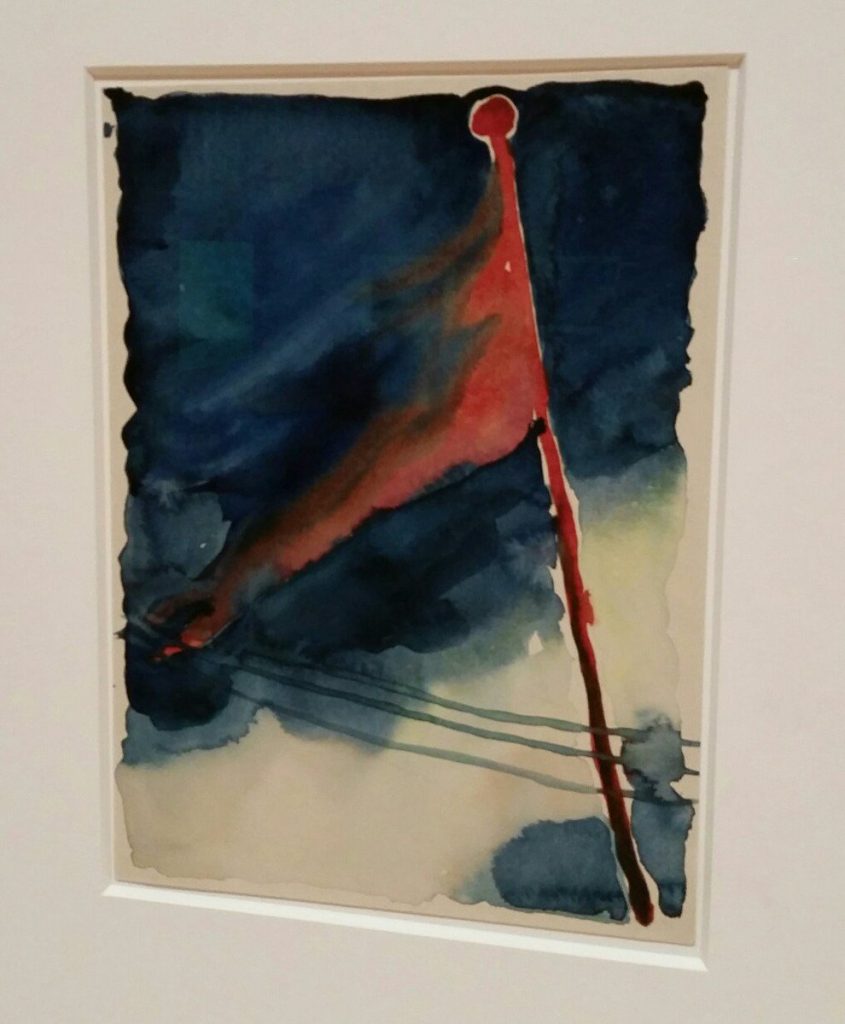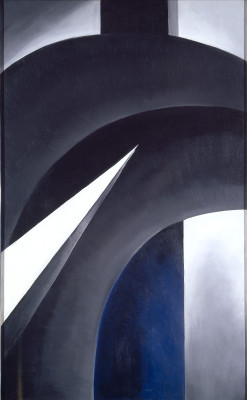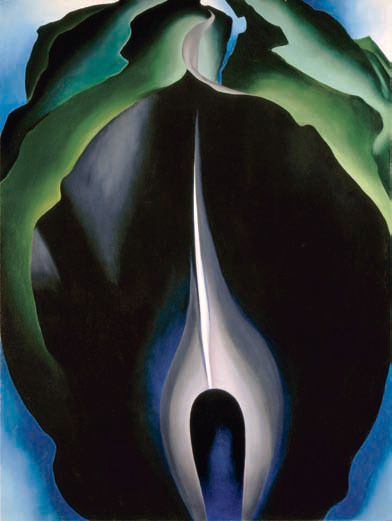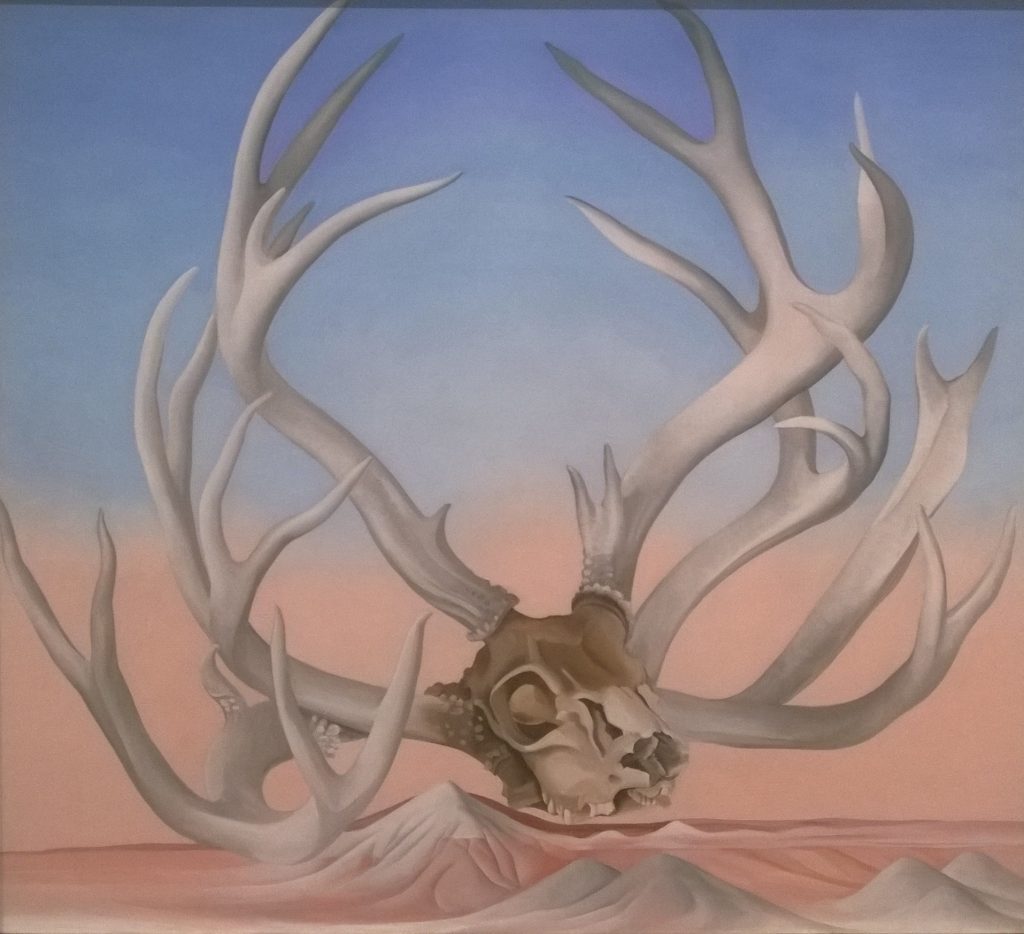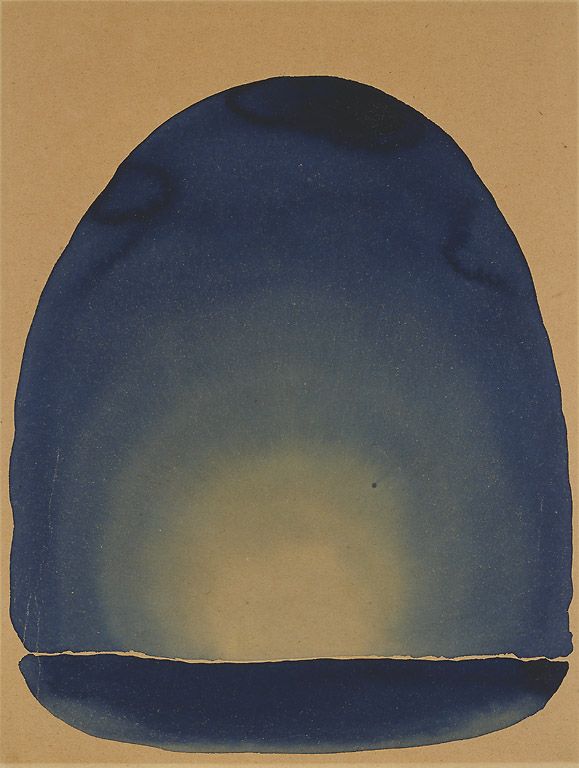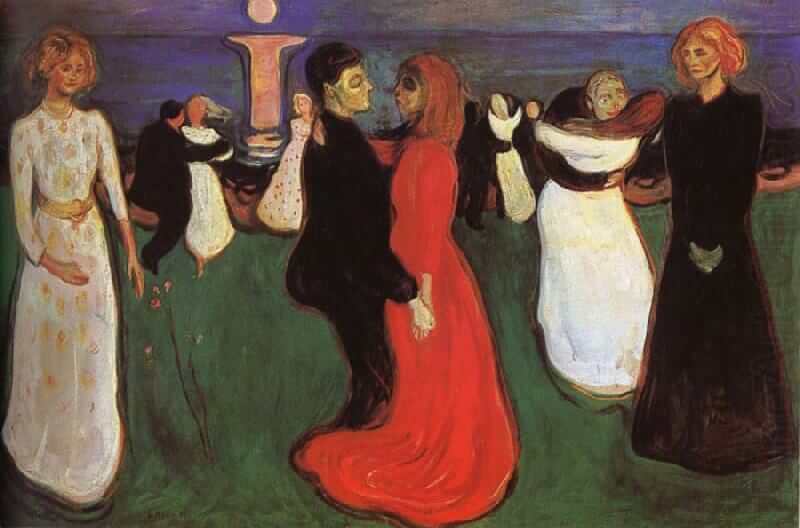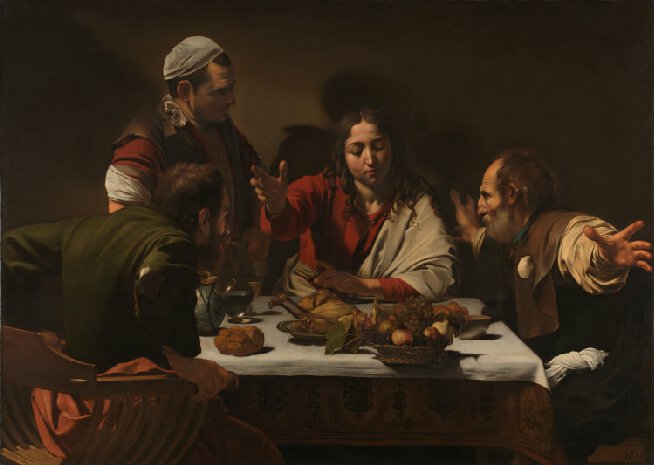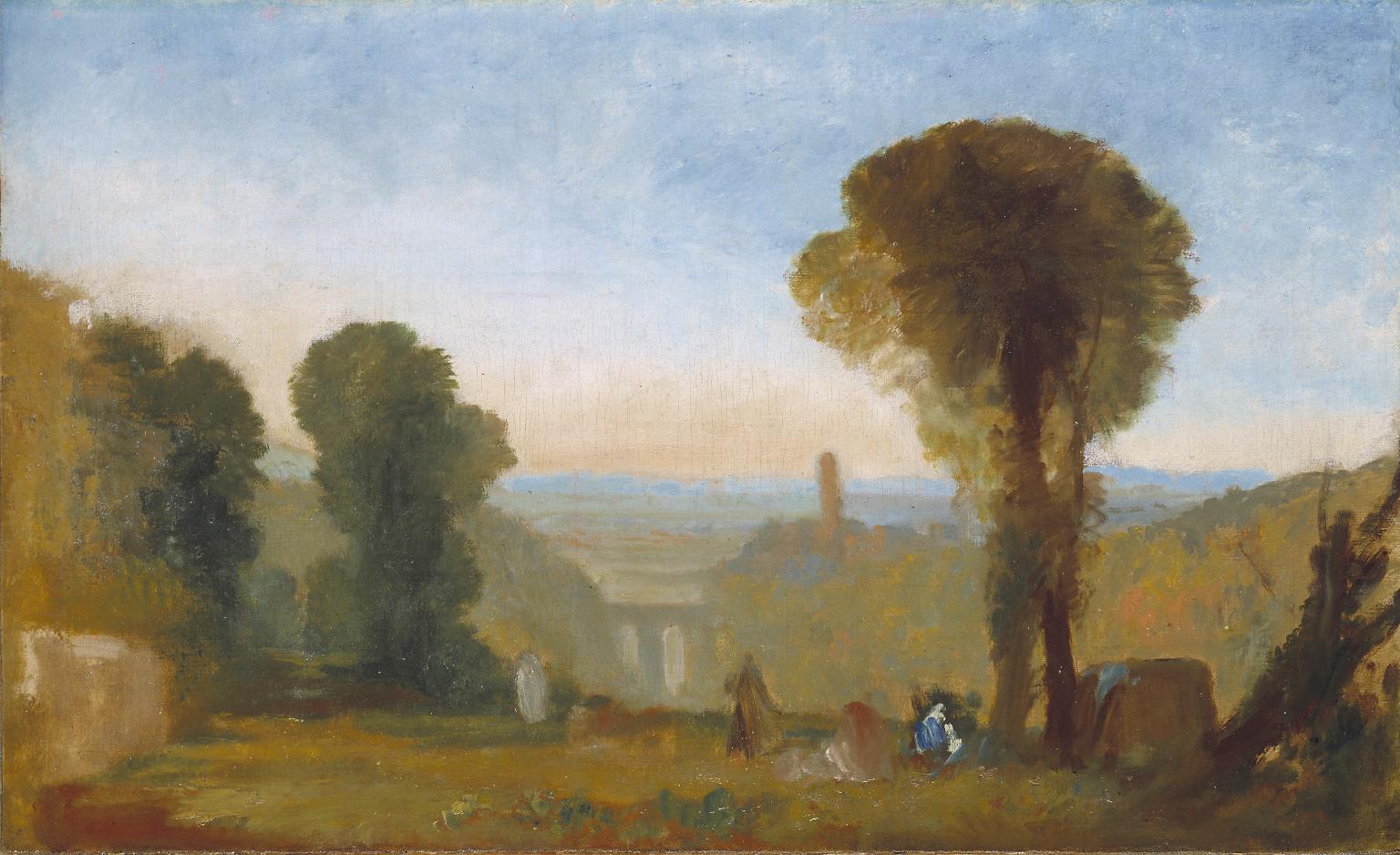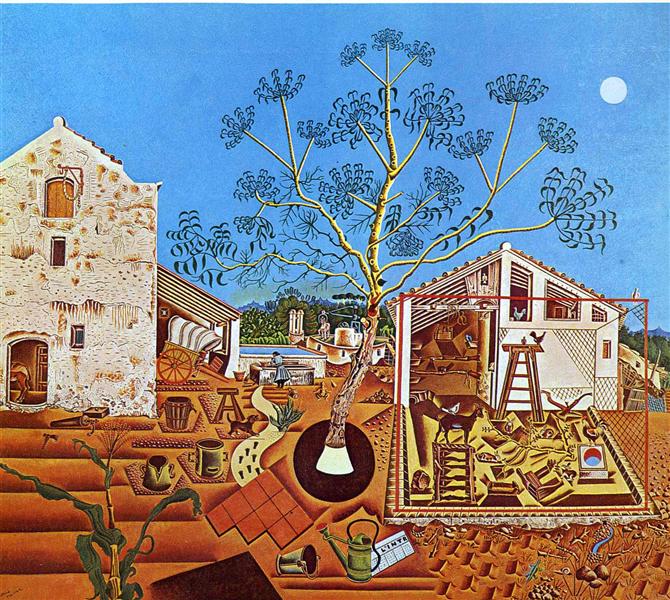16 of the Most Famous Paintings by Georgia O’Keeffe
Georgia O’ Keeffe, a famous American painter was regarded as the mother of American Modernism because of the unique themes and symbolism her paintings focused upon. She was renowned for her over-sized flowers, beauteous landscapes of New Mexico and plush skyscrapers of New York (made between 1925 and 1929).
Biography of Georgia O’Keeffe in a Nutshell
| Full Name | Georgia O’Keeffe |
| Birth | 15th November 1887 |
| Nationality | American |
| Death | 6th March 1986 |
| Inspiration | Arthur Wesley Dow, Wassily Kandinsky |
| Periods | American modernism, Modernism, Abstract art, Contemporary art, Abstract expressionism, Precisionism, |
The works of Arthur Wesley Dow who focused on interpreting subjects rather than copying something inspired Keeffe to the fullest compelling her to implement the theme of abstraction in her paintings. She began to work as a full-fledged artist on moving to New York upon Alfred Stieglitz insistence whom she married later. She died at 98, post which the Georgia O’Keeffe Museum had been set up.
List of Best Paintings by Georgia of Keeffe
1. Jimson Weed
| Completed in: 1936 |
| Style: Floral Motif |
| Measurements: 180 cm × 212 cm |
| Location: Indianapolis Museum of Art, Indianapolis |
| Medium: Oil on linen painting |
One of Keeffe’s magnificent flower paintings, this one depicts four large jimson weed blossoms in the shape of a pinwheel. Simplified colors teamed with a rhythmic play of light and shade enhances the freshness of the flowers. Keeffe possessed an infinite fondness for these flowers irrespective of its toxic seeds. However, this work was commissioned by Elizabeth Arden, cosmetic magnate, who proposed to hang this painting in the exercise room of her new salon to encourage and boost her client’s energy. Sold at an auction by the Georgia O’ Keeffe Museum, this painting obtained a price of $44,405,000.
2. Black Iris
| Completed in: 1926 |
| Style: Floral Motif |
| Measurements: 91.4 cm × 75.9 cm |
| Location: Metropolitan Museum of Art, New York City |
| Medium: Oil on canvas |
Also known as Black Iris III, this is another of Keeffe’s flower paintings, though linked with a lot of controversies. Linda Nochlin, an art historian, interpreted this painting to signify the female genitalia metaphorically. However, Keeffe rejected such claims saying that such meanings were derived by those looking at it though she had not given such interpretations as such.
3. Blue
| Completed in: 1916 |
| Measurements: 40.3 cm × 27.9 cm |
| Location: Brooklyn Museum |
| Medium: Watercolors |
This is the name collectively given to Keeffe’s series of four paintings centered around the theme of abstraction. The second painting in the series, suggests her love for music as the shape represents the curves seen in the violin. The pattern of this painting reflects Kandinsky’s influence on Keeffe.
4. My Shanty, Lake George
| Completed in: 1922 |
| Style: Pastoral |
| Measurements: 51 cm x 68.9 cm |
| Location: The Phillips Collection |
| Medium: Oil on canvas |
This is a pictorial representation of Lake George where she had spent a considerable period, between 1918 and 1934. The shanty shown in the painting is said to be Keeffe’s studio which has been presented beautifully in solid colors but given a subdued appearance. The pink and orange flowers, green tree and grass as well as the curved structure of the blue hills just above the shanty have been ecstatically presented. The triangular shape in the gable’s roof is said to have a spiritual meaning, where the triangle is known to represent the soul. This approach of Keeffe shows that Kandinsky’s technique of spiritual symbolism may have inspired her.
5. Oriental Poppies (Red Poppies)
| Completed in: 1928 |
| Style: Modernism |
| Measurements: 101.6 cm × 76.2 cm |
| Location: Weisman Art Museum |
| Medium: Oil on canvas |
Even referred to as Red Poppies, it shows two of the flowers from a close angle. The big flowers with vibrant colors are presented in such a way that they seem to explode on canvas, also giving them a sensual touch. The lack of a background compels the viewers to focus their attention upon the middle of the flowers directly.
6. Cow’s Skull: Red, White, and Blue
| Completed in: 1931 |
| Style: Abstract art |
| Measurements: 101.3 cm x 91.1 cm |
| Location: Metropolitan Museum of Art |
| Medium: Oil on canvas |
The skull of a cow is presented in the foreground with a black vertical stripe below. While two vertical white and blue stripes are seen on the sides, the outer border is marked in red. Keeffe could have possibly followed the footsteps of the other musicians, painters, and artists of American descent and presented this portrayal in a bid to look for a theme suited for the Great American novel since the colors on the American flag is seen throughout. The withered cow’s skull also highlights the presence of a Christian theme depicting Christ crucified on the cross.
7. Sky Above Clouds IV
| Completed in: 1965 |
| Style: Abstract art |
| Measurements: 2.44 m x 7.32 m |
| Location: Art Institute of Chicago Building |
| Medium: Oil paint |
Belonging to the series of cloudscape art which she produced during the second half of the 1960s, this one is a product of Keeffe’s imagination from what she saw outside her window during her journey by airplane. Being enamored by the beauty of the moving clouds, she puts her experience on canvas portraying white, puffy clouds just like a blanket against the background of a blue sky. The presentation of the clouds stretching to infinity suggests the element of spirituality in the painting.
8. An Orchid
| Completed in: 1941 |
| Measurements: 70.2 cm x 55.2 cm |
| Location: Museum of Modern Art, New York |
| Medium: Oil on canvas |
This is another significant painting of Keeffe, where an orchid is presented from a close up without any background. Like most of her flower paintings, this one too is said to have Freudian touch and evoke a sensual appeal. However, like always she has denied any sexual or erotic associations to her flower paintings.
9. A Sunflower from Maggie
| Completed in: 1937 |
| Measurements: 40.64 cm x 50.8 cm |
| Location: Museum of Fine Arts, Boston |
| Medium: Oil on canvas |
Unlike her other flower paintings, this one has not been highly enlarged or presented abstractly. There is also an orange-pink background wonderfully contrasted with the green leaves and florets. The Maggie, as the name of the painting goes, is referred to Keeffe’s friend, Margaret Johnson, who lived close to her.
10. The Lawrence Tree
| Completed in: 1929 |
| Measurements: 78.74 cm x 101.6 cm |
| Location: Wadsworth Atheneum, Hartford, Connecticut |
| Medium: Oil on canvas |
This painting shows a huge ponderosa pine in the D.H Lawrence Ranch, New Mexico, where Keeffe had once stayed with a wealthy American, Mabel Dodge Luhan, who was an art patron, also instrumental in bringing the modernists to Taos art colony. Keffee painted the tree as she reclined on a bench and looked at the night sky above. It is because of this that the painting can be hung in varied ways and looked from different angles.
11. The Flag
| Completed in: 1918 |
| Measurements: 30 cm x 22 cm |
| Location: Milwaukee Art Museum |
| Medium: Water color and graphite on paper |
O Keeffe painted the Flag in 1918 when she was recuperating in San Antonio in a ranch owned by her friend, from a bout of influenza that had killed many then. This painting portrays a wretched and withered flag, lacking all the stars and stripes it was previously embedded with, fluttering aimlessly, smeared in blood. Through this work of art, Keeffe intends to express her trauma and discontent against the brutality of the First World War as her brother also had been sent to distant lands to fight.
12. Black White and Blue
| Completed in: 1929 |
| Style: Abstract Art |
| Measurements: 121.9 cm x 76.2 cm |
| Location: National Gallery of Art |
| Medium: Oil on canvas |
This was painted at a crucial point when she was away from her husband for some time and lived in New Mexico. She began to infuse religious symbolism in her paintings, and this artwork was a perfect example of Keeffe’s new approach.
13. Jack-in-the-Pulpit No. IV
| Completed in: 1930 |
| Style: Precisionism |
| Measurements: 101.6 cm x 76.2 cm |
| Location: Alfred Stieglitz Collection, Bequest of Georgia O’Keeffe |
| Medium: Oil on canvas |
Being immensely fascinated by these herbaceous plants of North America, this was a part of the six Jack-in-the-Pulpit paintings sketched by Keeffe in 1930. The spadix has been given a magnified view against a dark purple interior. The element of sensuality is present here too.
14. From the Faraway, Nearby
| Completed in: 1938 |
| Style: Pastoral |
| Measurements: 91.4 cm x 101.9 cm |
| Location: Metropolitan Museum of Art |
| Medium: Oil on canvas |
This painting too has a sense of abstraction, and its title conveys a sense of loneliness and longing suggesting Keeffe’s emotional state of mind.
15. Light Coming on the Plains
| Completed in: 1917 |
| Style: Oil on canvas |
| Measurements: 76.2cm x 91.44 cm |
| Location: West Texas State Normal College in Canyon, Texas |
| Medium: Oil on canvas |
This is a series of three paintings created by Keeffe, bearing testimony to her magnificent work of art. She enjoyed the beauteous scenery of the plains of Texas that she enjoyed during her walking sprees. The sunrise, sunset, and moonrise which she was floored by were put into her canvas. She has not depicted a general view of sunrise but has portrayed it differently by adding dashes of indigo blue against the background of the rising sun. The theme of abstraction is seen in all the three paintings with the first, two being lighter than the third one.
16. Black Cross
| Completed in: 1929 |
| Measurements: 99.1 cm x 76.2 cm |
| Location: The Art Institute of Chicago |
| Medium: Oil on canvas |
During her visit to New Mexico in 1928, she often came across a lot of crosses as she treaded along the desert. This experience of hers led to the Black Cross which is a perfect replica of the ones she saw, wooden, big crosses held strongly against each other. Behind the crosses lay the hills that seemed to stretch through eternity.
Her artistic genius is not just confined to the list of paintings mentioned above but is rather unending including the series of skyscraper paintings like New York Street with Moon, and the Radiator Building-Night, New York; Blue and Green Music, host of lily paintings and the series continues. She had even worked upon the architectural forms (door and patio wall) in her Abiquiú house. Her passion for art continued till her death as in her old age she had learned to work using clay from Hamilton, who was a potter by profession.
Subscribe now
Get lasest updates in your inbox

